Keywords: Racial Discrimination
There are more than 24 results, only the first 24 are displayed here.
Become a subscriber for more search results.
-
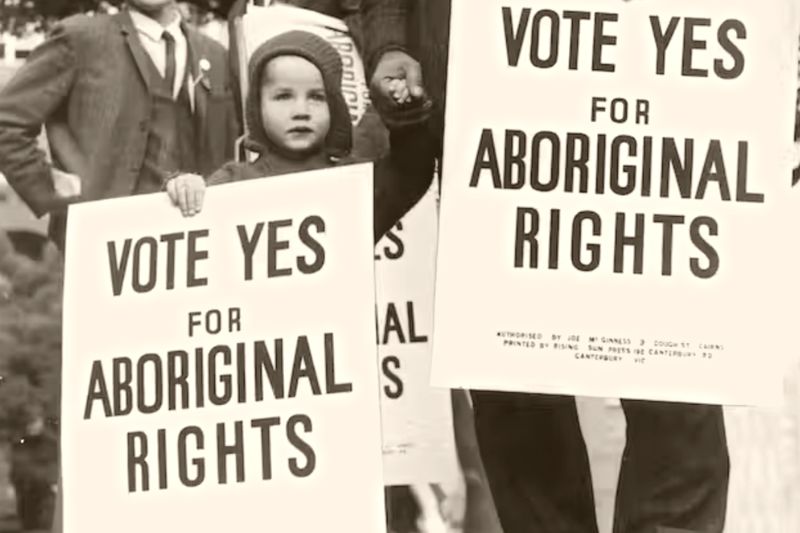
AUSTRALIA
- Frank Brennan
- 05 June 2023
19 Comments
The wording of the proposed change to the Australian Constitution to enshrine a First Nations Voice might not be perfect. But whatever the imperfections and the risk of future complications, it is high time that Australia’s First Peoples were recognised in the Constitution in a manner sought and approved by a broad cross-section of Indigenous leaders.
READ MORE
-
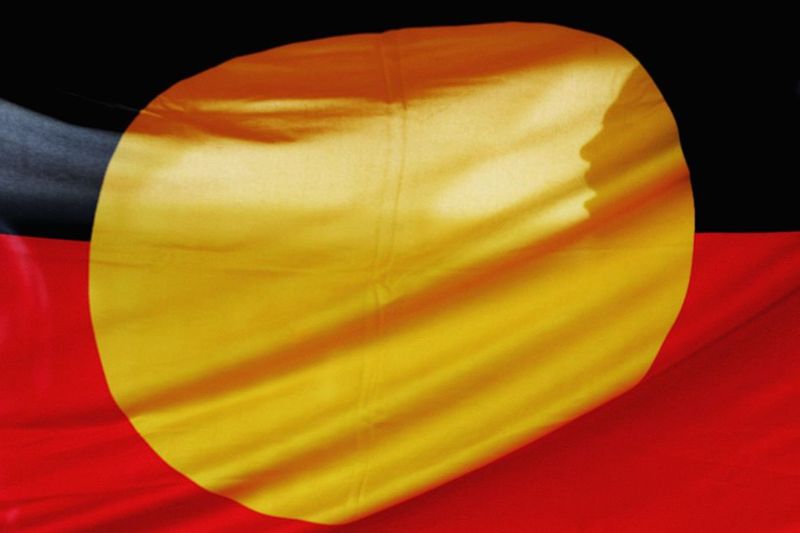
AUSTRALIA
- Frank Brennan
- 05 January 2023
We have a lot of work to do if there is to be any prospect of a successful referendum on the Voice to Parliament, which Indigenous people have put to us as the mode by which they want to be recognised in the Constitution. They have said they want a Voice. Now, we can debate whether it be a Voice to Parliament or a Voice to Parliament and government, or a Voice just about particular laws.
READ MORE
-

AUSTRALIA
- Frank Brennan
- 01 December 2022
15 Comments
We have a lot of work to do if there is to be any prospect of a successful referendum on the Voice to Parliament, which Indigenous people have put to us as the mode by which they want to be recognised in the Constitution. They have said they want a Voice. Now, we can debate whether it be a Voice to Parliament or a Voice to Parliament and government, or a Voice just about particular laws.
READ MORE 
-
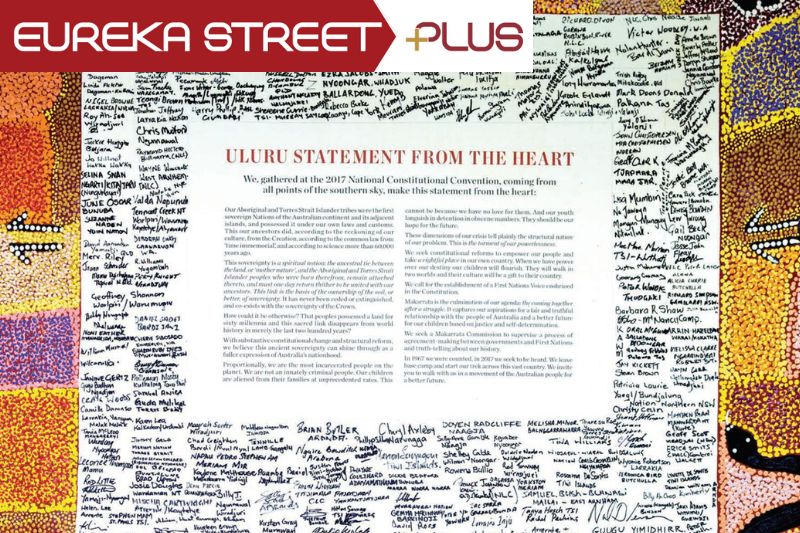
AUSTRALIA
- Frank Brennan
- 17 August 2022
2 Comments
We need to be able to do more than simply give notional assent to the Uluru Statement. We need to be able to contribute to the hard thinking and difficult discussions to be had if the overwhelming majority of our fellow Australians are to be convinced of the need for a Voice in the Constitution.
READ MORE 
-
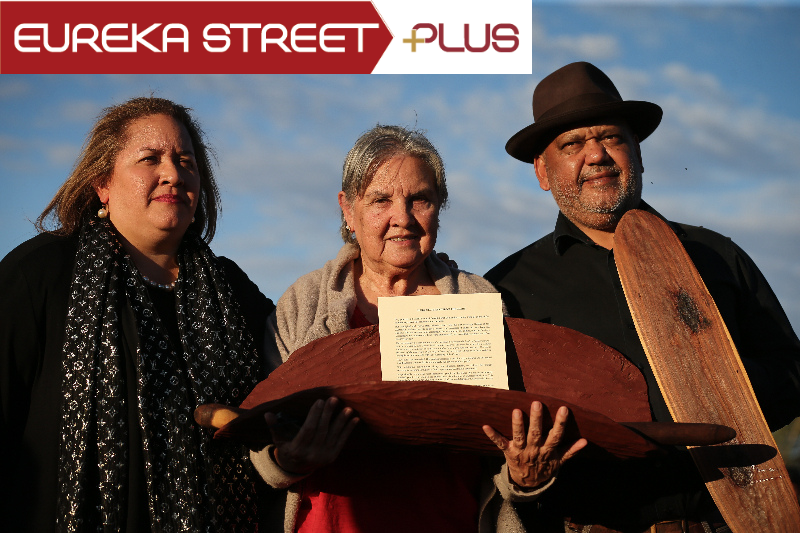
AUSTRALIA
- Frank Brennan
- 06 May 2022
5 Comments
Whoever is Prime Minister after the election on May 21, he will need to address the question of Indigenous recognition in the Australian Constitution. This is the sixth election in a row when the question has been a live, unresolved issue during the election campaign. The patience of Indigenous leaders is understandably wearing thin. Trust is waning. There is still no clear path ahead. So where to from here?
READ MORE 
-

AUSTRALIA
- Andrew Hamilton
- 02 March 2022
10 Comments
In the last few weeks the threat of a Khaki election has loomed large In Australia. The invasion of Ukraine and tensions in relations with China have focused attention on which party can best ensure national security. This question will surely be pressed during the election campaign.
READ MORE 
-
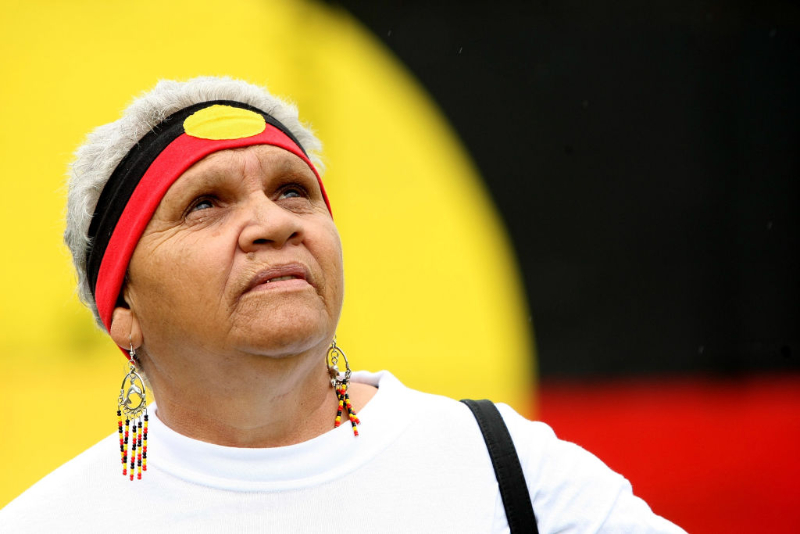
AUSTRALIA
- Andrew Hamilton
- 14 February 2022
6 Comments
The Apology by the representatives of Government was a landmark at the juncture of the road from the past and the path to the future. It defined the harm suffered by Indigenous Australians at the hands of governments obsessed by an ignorant and biased ideology. It also vindicated the Indigenous advocates who had long demanded an end to discriminatory attitudes and behaviour within non-Indigenous Australian society and its institutions.
READ MORE 
-
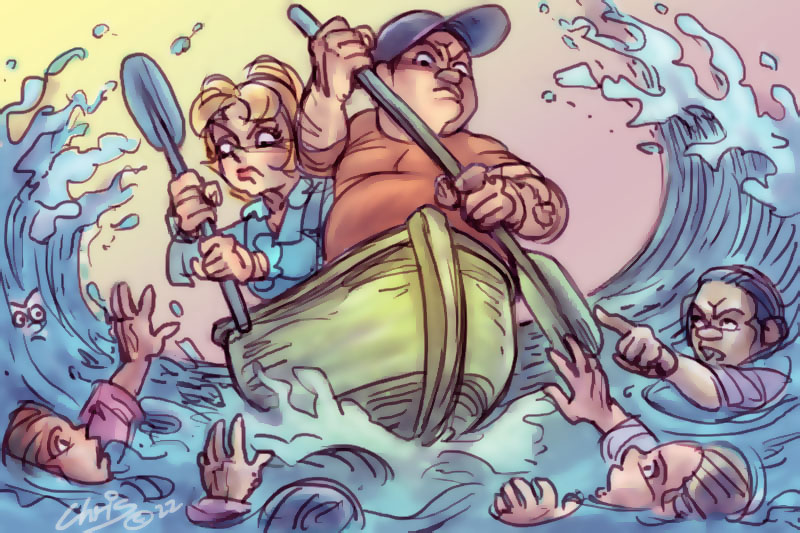
AUSTRALIA
- Cristy Clark
- 08 February 2022
22 Comments
Avoiding discomfort is a privilege only enjoyed by those who benefit from the status quo, and civility policing is fundamentally about protecting both that privilege and the status quo itself. Confronting the reality of injustice in both our past and our present should be uncomfortable, and no one is entitled to immunity.
READ MORE 
-
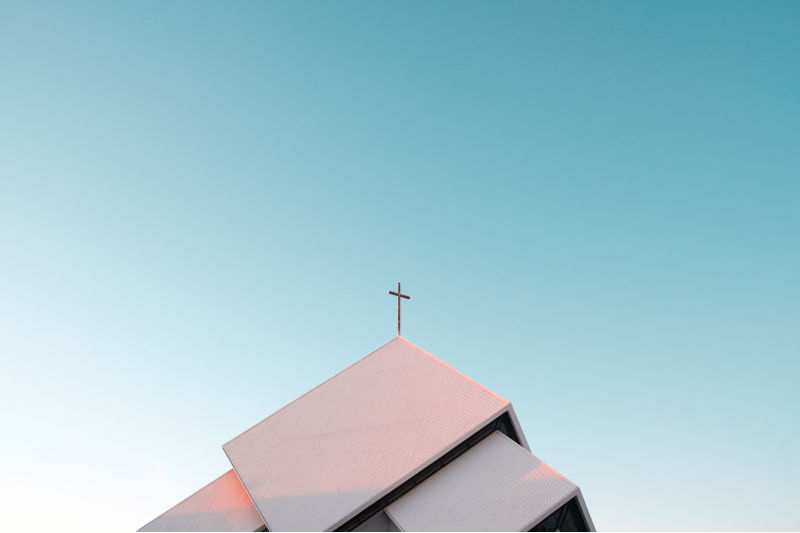
RELIGION
- Andrew Hamilton
- 04 January 2022
12 Comments
The exchanges within churches echo trends in national life that heighten disagreements, lessen respect, and tend to confine conversation circles to people of similar views. People become annoyed if those opposing their views gatecrash their forums. This trend creates problems for Church sponsored publications.
READ MORE
-
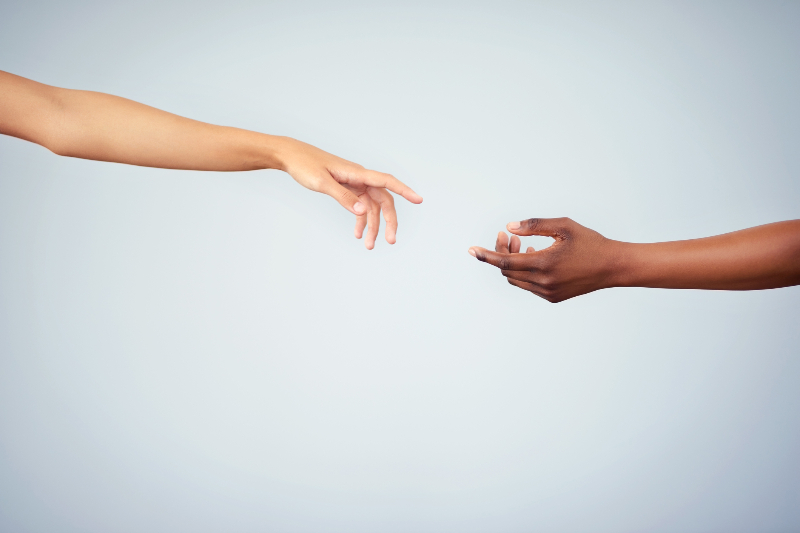
RELIGION
- Andrew Hamilton
- 05 August 2021
60 Comments
Critical Race Theory, which has recently been banned ineffectively by the Australian Senate from the National Curriculum, has everything going for it as a lightning rod. It has an acronym (CRT), opacity and an air of self-importance. It is also associated with a controversial social movement: Black Lives Matter. The theory does not need to be understood before generating heat.
READ MORE 
-
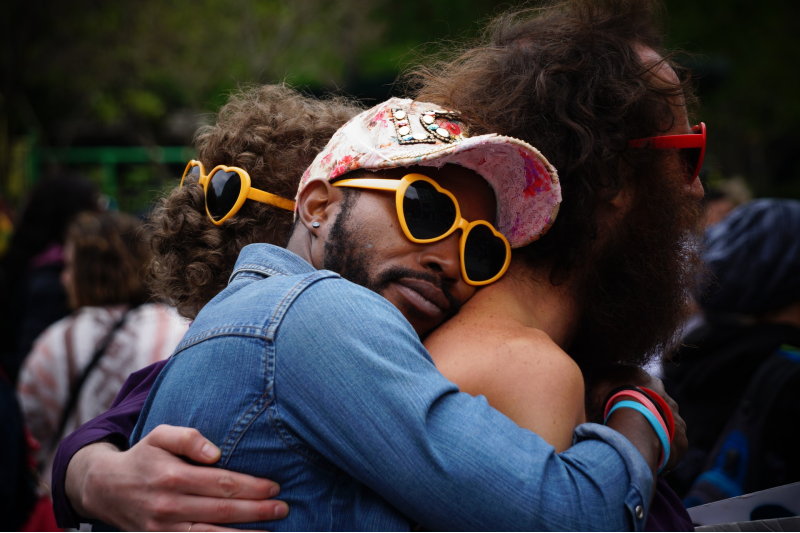
FAITH DOING JUSTICE
- Andrew Hamilton
- 18 February 2021
37 Comments
We live in a time when around the world so many lives seem not to matter. Whether they be Uighur lives, women’s lives, Black lives, Yemeni lives or refugee lives. So widely disregarded in practice, the large claim that every life has value, however, oftentimes has to be justified. The ultimate reason is that each human being is precious and has an inalienable dignity. No person may be used as a means to another’s end.
READ MORE 
-

RELIGION
- Andrew Hamilton
- 04 February 2021
68 Comments
The exchanges within churches echo trends in national life that heighten disagreements, lessen respect, and tend to confine conversation circles to people of similar views. People become annoyed if those opposing their views gatecrash their forums. This trend creates problems for Church sponsored publications.
READ MORE 